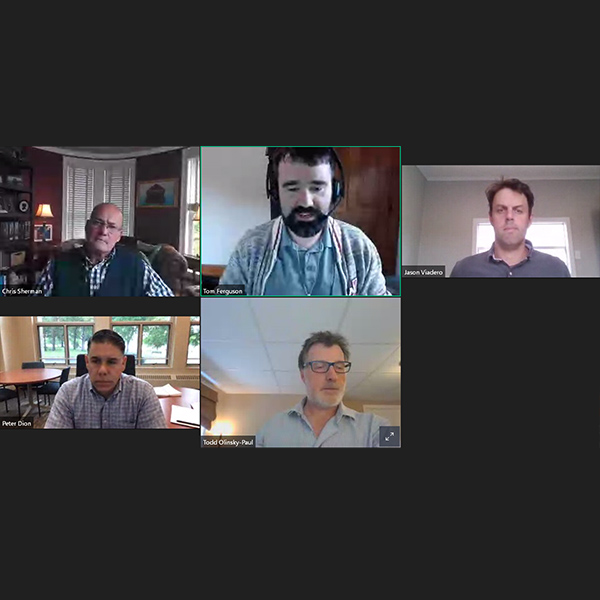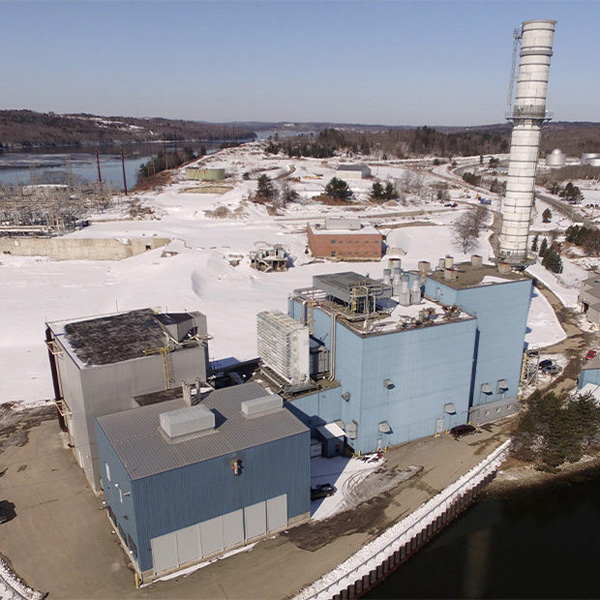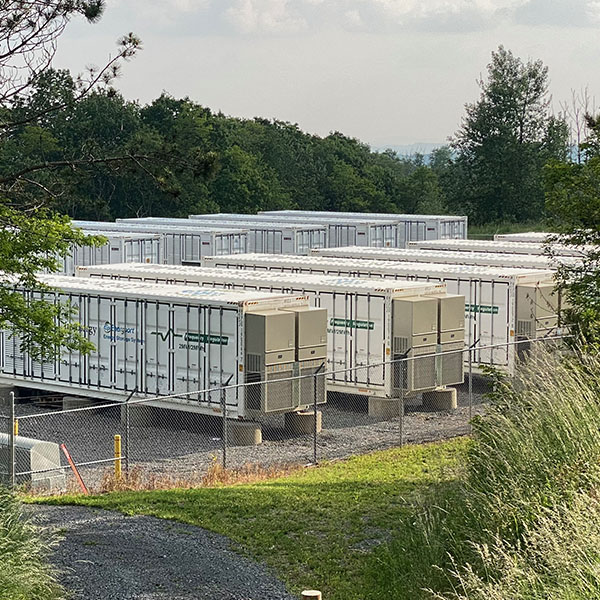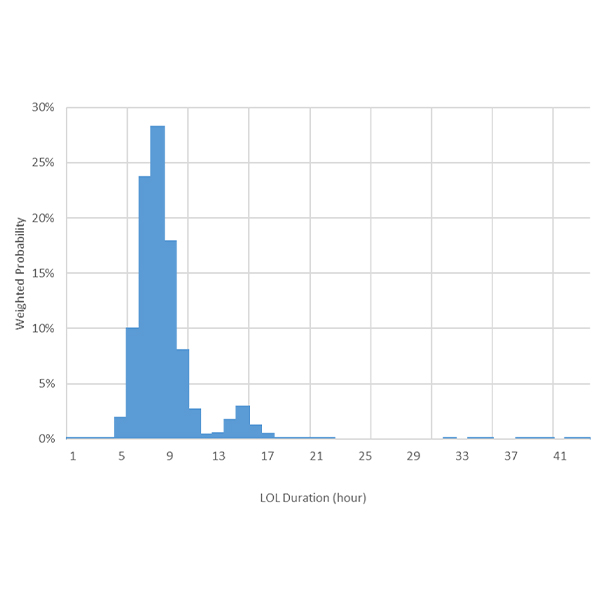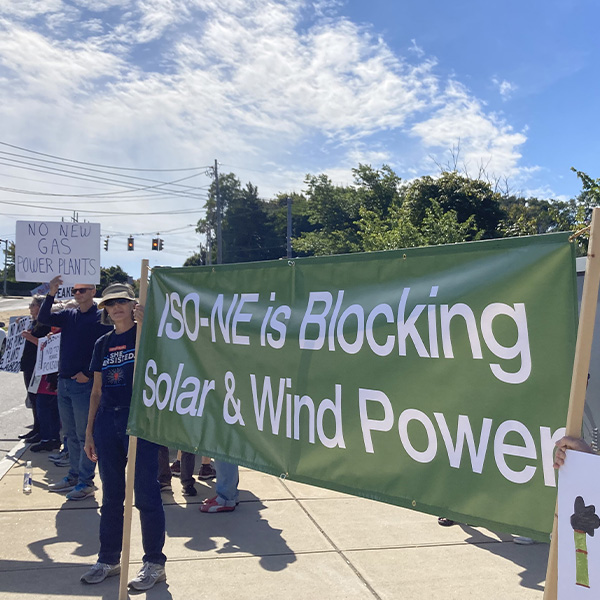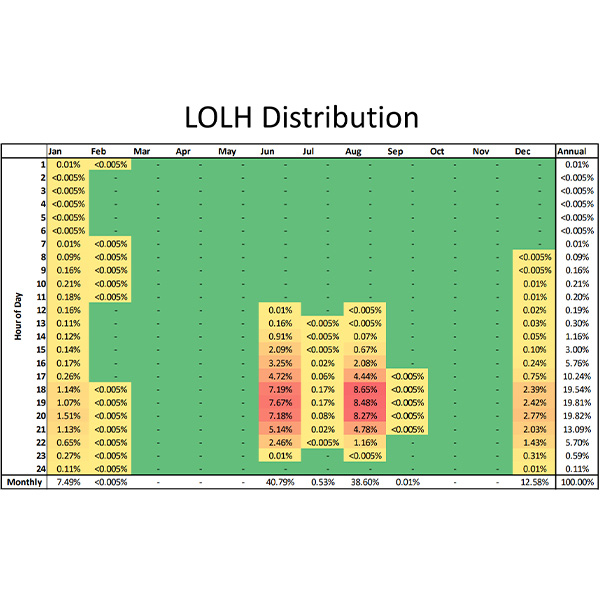resource capacity accreditation (RCA)
FERC has accepted the results of ISO-NE’s forward capacity auction 18, finding the auction was run according to the rules of ISO’s tariff and protests submitted by climate activists were outside the scope of the proceeding.
Governance structures and market rules at ISO-NE that favor incumbent interests have contributed to pushing the region into costly and carbon-intensive reliability solutions, law professor Joshua Macey told the Consumer Liaison Group.
Battery storage remains largely reliant on state programs and subsidies to be viable in Massachusetts but could increasingly stand on its own as renewable energy proliferates, a panel of energy storage experts said.
FERC has approved an additional two-year delay of ISO-NE’s forward capacity auction 19, pushing the auction to February 2028.
ISO-NE’s proposed resource capacity accreditation updates would result in an estimated 11% increase in capacity market revenues, the RTO told the NEPOOL Markets Committee.
New grid-scale battery storage in Maine would be cheaper than new fossil peaker plants when accounting for societal costs of air pollution and carbon emissions, according to a new report.
ISO-NE continued work on resource capacity accreditation changes, outlining how changes to the overall resource mix could affect the reliability value of different resource types.
Climate activists from New England are calling on FERC to reject the results of ISO-NE’s Forward Capacity Auction 18, arguing the auction disproportionately favored fossil fuel resources.
The NEPOOL Participants Committee voted to support an additional two-year delay of FCA 19 to buy time for the RTO to develop and implement resource capacity accreditation changes and shift the overall timeline of capacity auctions.
ISO-NE presented the NEPOOL Markets Committee with additional results of the impact analysis for the RTO’s resource capacity accreditation project, which looked at how changes to the resource mix would affect the seasonal distribution of shortfall risks.
Want more? Advanced Search


